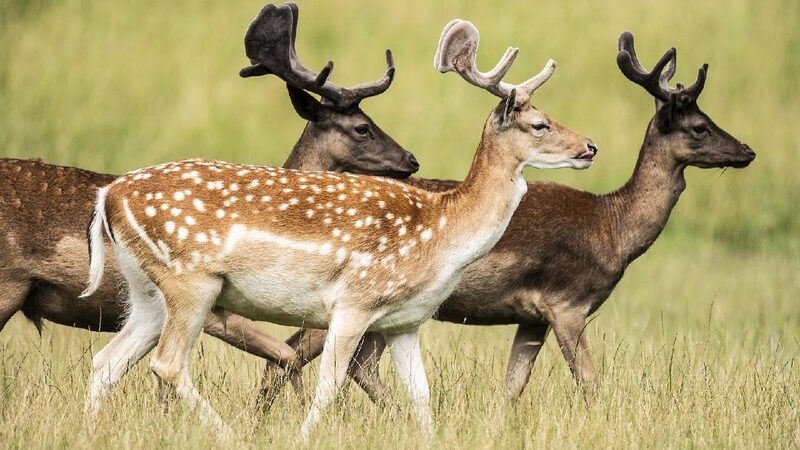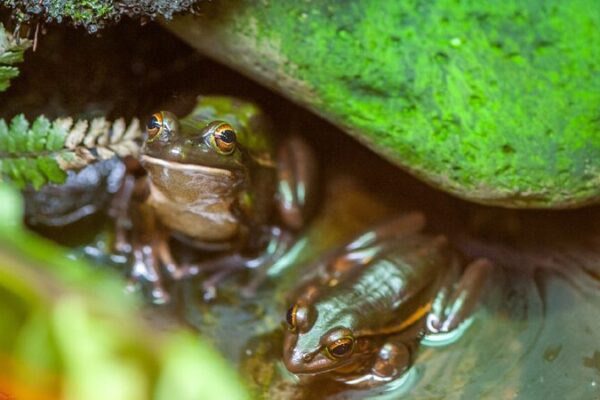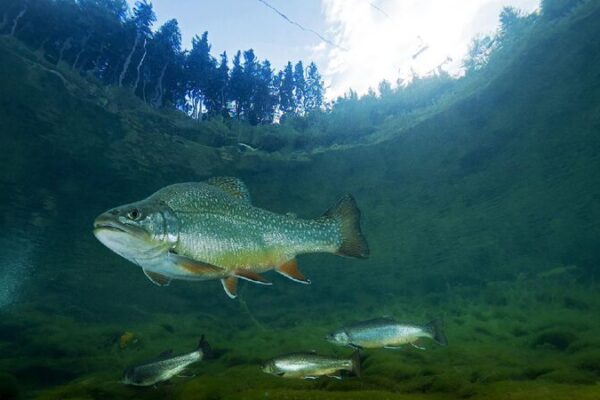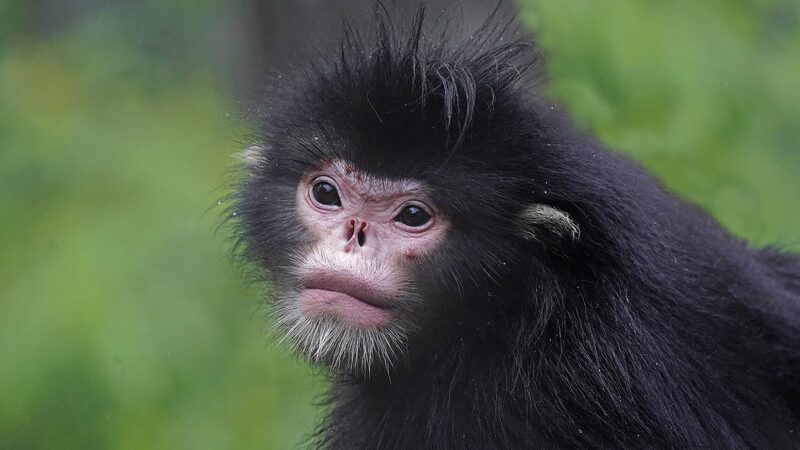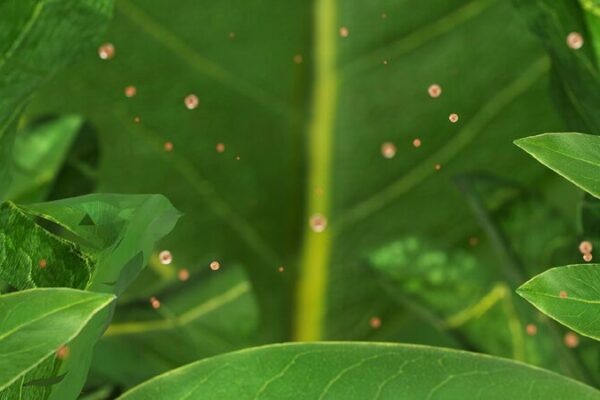New research has uncovered a concerning trend: two-thirds of animal and plant populations worldwide are losing genetic diversity. This decline makes it harder for species to adapt to environmental changes, potentially increasing the risk of extinction. The study, published in the journal Nature on Wednesday, analyzed data from 628 species between 1985 and 2019. The greatest losses in genetic variation were observed in birds and mammals. “A surprising trend was that we saw genetic diversity declining even among many species that aren’t considered at risk,” said co-author Catherine Grueber, a conservation biologist at the University of Sydney. Genetic diversity within a species is crucial for survival. It allows populations to adapt to new threats like diseases or changes in climate. When populations become smaller and more isolated, the number of potential mates decreases, leading to less genetic mixing. “When a species has different genetic solutions, it’s better able to deal with changes,” explained David Nogués-Bravo from the University of Copenhagen, who was not involved in the study. Conservation efforts aimed at connecting isolated populations can help restore genetic diversity. A notable example is the Florida panther. By the mid-1990s, this endangered species had shown clear signs of inbreeding due to habitat loss. Biologists introduced eight female panthers from Texas to the population in Florida. Two decades later, the number of Florida panthers in the wild has grown significantly, and their genetic diversity has increased. “Isolated populations suffer,” noted Duke University ecologist Stuart Pimm, who was not part of the research. “The solution is to reconnect them.” The decline in genetic diversity is a global concern that calls for immediate action. By promoting conservation strategies that enhance genetic variation, we can help protect species from future environmental changes.
Reference(s):
cgtn.com
